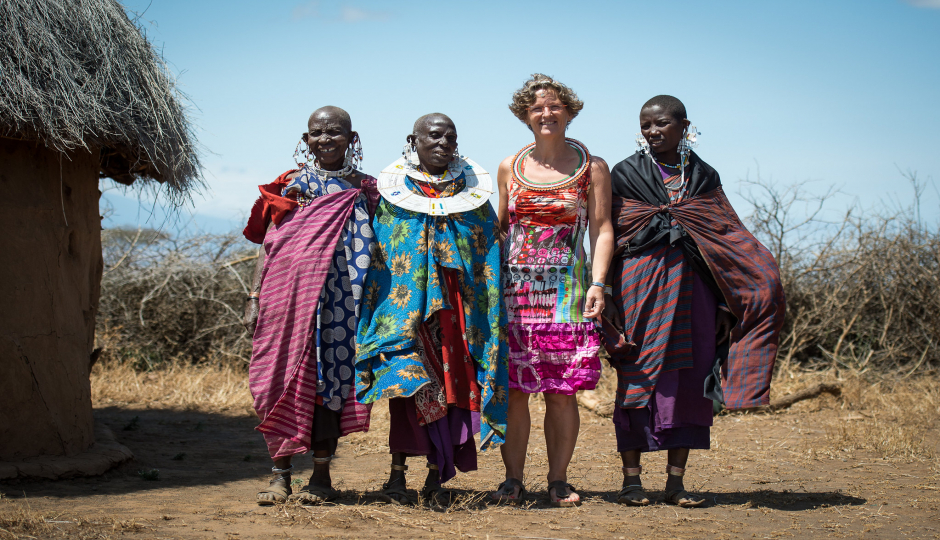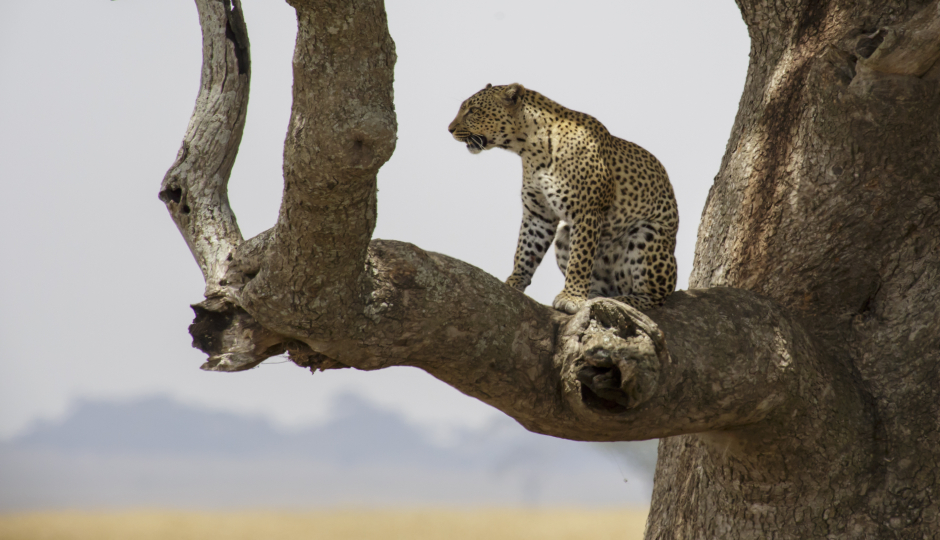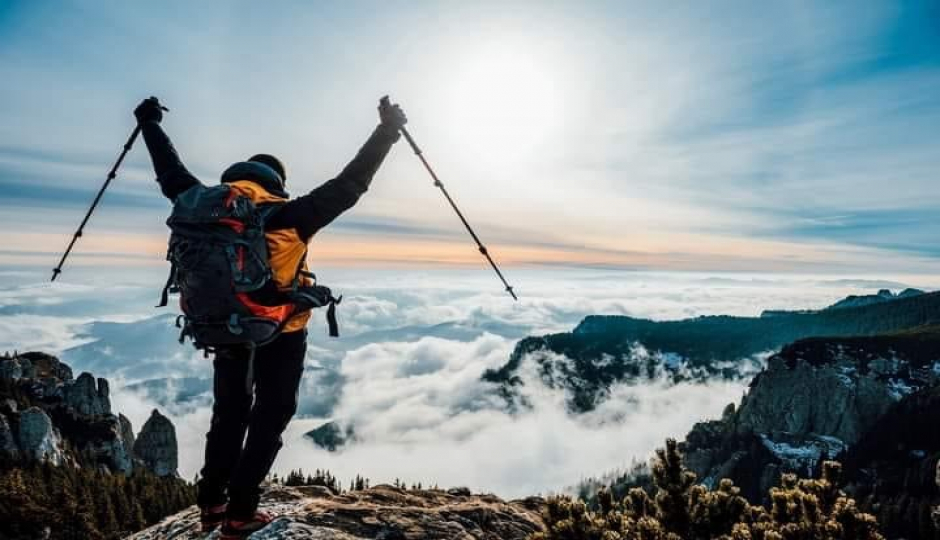Gallery






Newsletter
Get the latest updates and exclusive offers-subscrible to our newsletter.
Discover everything you need to know about climbing Mount Kilimanjaro. Get answers to the most frequently asked questions, including the best time to climb, what to pack, fitness requirements, altitude sickness, and more. Plan your Kilimanjaro trek with confidence and contact us for personalized advice.
The best time to climb Kilimanjaro is during the dry seasons, which run from January to mid-March and from June to October. These months offer more stable weather conditions, making the climb safer and more enjoyable.
The length of the climb depends on the route chosen. Most routes take between 5 and 9 days. However, it’s recommended to opt for longer routes (7-9 days) to allow for better acclimatization and a higher chance of reaching the summit.
The highest point on Mount Kilimanjaro is Uhuru Peak, which stands at 5,895 meters (19,341 feet) above sea level.
No technical climbing skills are required to summit Kilimanjaro. It’s considered a trekking peak, meaning you hike rather than climb. However, it’s still a physically demanding challenge due to the altitude.
The best route depends on your preferences. The Machame and Lemosho routes are popular for their scenic views and higher success rates due to longer acclimatization periods. The Marangu route is the shortest but has a lower success rate due to less time to acclimatize.
The main challenge is altitude sickness (Acute Mountain Sickness), which can affect anyone regardless of fitness level. The steep terrain, cold temperatures, and long trekking days can also be difficult.
While you don’t need to be an athlete, a good level of fitness is important. You should have stamina and endurance to hike for several hours a day. Cardio and strength training, along with hiking practice, are recommended to prepare for the trek.
Yes, altitude sickness is a major concern. Preventive measures include:
Yes, Tanzania’s government requires all climbers to be accompanied by a licensed guide. You’ll also have porters and a support team for assistance.
Temperatures vary depending on altitude, but it can be very cold, especially near the summit. At night, temperatures can drop to as low as -15°C to -20°C (5°F to -4°F) at higher altitudes, particularly during summit night.
Climbers sleep in tents on most routes, except on the Marangu route where huts are provided. Tents are set up and broken down daily by porters, and they are designed to withstand the harsh weather conditions.
The cost varies depending on the tour operator, route, and length of the climb. Prices typically range from $1,500 to $4,000, which covers park fees, guide services, food, and equipment.
Essential items include layered clothing (for varying temperatures), waterproof gear, sturdy hiking boots, a good sleeping bag, a daypack, trekking poles, and plenty of snacks. A detailed equipment list is essential to ensure you have everything you need.
Yes, travel insurance is highly recommended, and it should cover high-altitude trekking, medical emergencies, trip cancellations, and evacuation. Make sure your policy includes coverage for trekking up to 6,000 meters.
Tipping is customary on Kilimanjaro. The standard amount is around $20-25 per day for guides, $15 per day for assistant guides, and $8-10 per day for porters. You should budget around $200-300 for tipping for a 7-day trek.
Meals on Kilimanjaro are designed to be nutritious and energy-boosting. Typical meals include soups, pasta, rice, vegetables, meat (if available), and snacks like fruit. Special dietary requirements can usually be accommodated if discussed in advance with your operator.
It’s possible to climb Kilimanjaro during the rainy seasons (April-May and November), but it’s not recommended due to heavy rains that can make the trails slippery and difficult. The Rongai route is drier and more suitable during these months.
The success rate varies by route and preparation. The longer routes (7-9 days) have a success rate of around 85-90%, while shorter routes (5-6 days) have a lower success rate of 50-60% due to less time for acclimatization.
Your guides are trained to recognize and respond to altitude sickness and other medical issues. If necessary, they will help you descend to a lower altitude or evacuate you from the mountain. Serious medical emergencies may require helicopter evacuation.
While it’s technically possible to carry your own gear, it’s not recommended. Kilimanjaro is a physically demanding climb, and carrying a heavy load can make it much harder. Porters carry your gear, tents, and supplies, allowing you to focus on the hike itself.
If you have any additional questions or need more information about climbing Mount Kilimanjaro, don’t hesitate to reach out to us! Our team at Lindo Travel & Tours is here to provide you with expert advice, personalized recommendations, and assistance in planning your adventure. Contact us at info@lindotravel.com or Call: +255 768 884 042, and we’ll be happy to help you every step of the way.